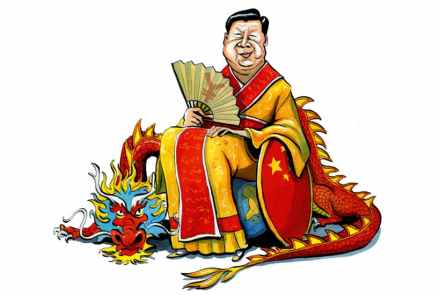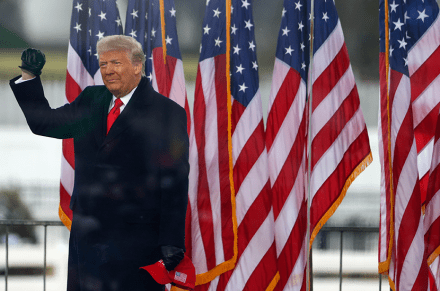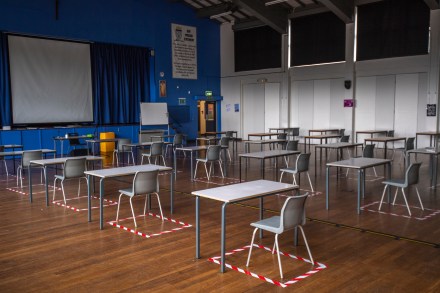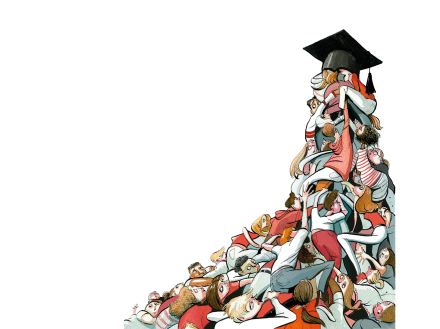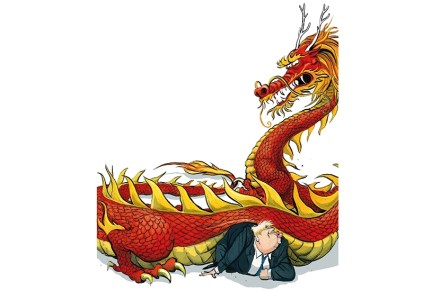Britain’s universities are confounded by China
‘Tencent Wykeham’ has a ring to it. It captures how easily British universities can be bought. It is the new name for what was until now the Wykeham Professorship of Physics at New College, Oxford, now acquired by the huge Chinese techno-conglomerate Tencent for £700,000. William of Wykeham founded New College and Winchester in the 14th century. ‘Tencent Winchester’ next? The problem, which Oxford seems to ignore, is that Tencent acts for the national security interests of the Chinese Communist party. It propagandises too: for Xi Jinping’s address to the 19th Party Congress in 2017, it brought out a mobile game called ‘Clap for Xi Jinping: An Awesome Speech’. Our
